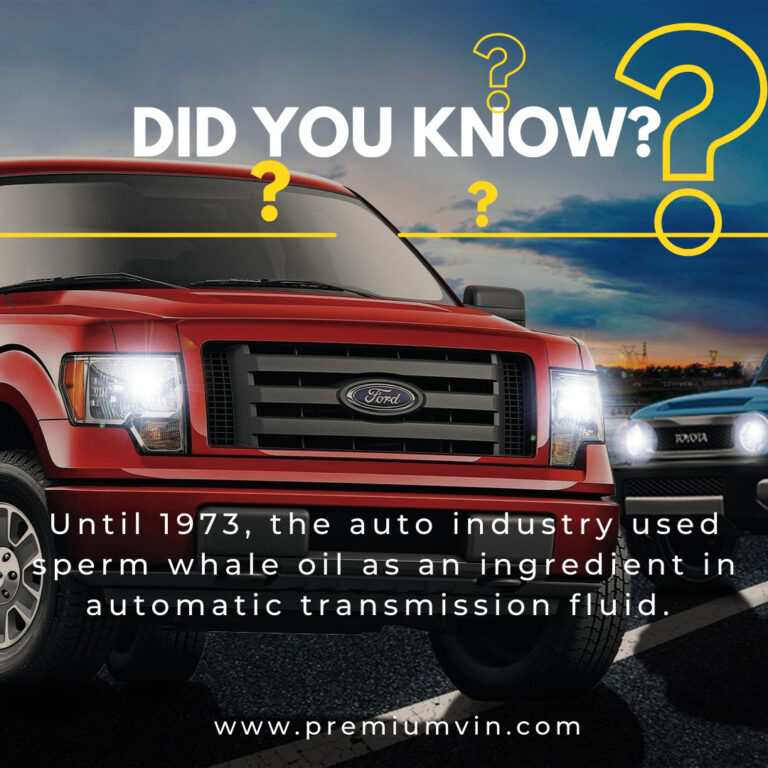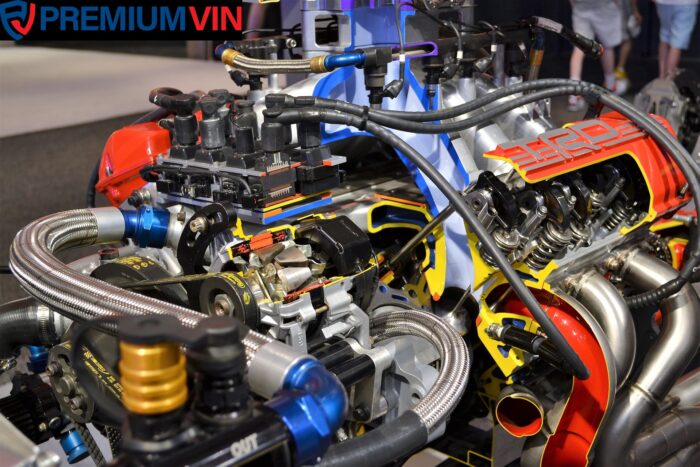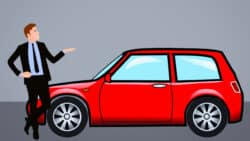An old saying tells us that horsepower is how fast an object hits the wall, and torque is how far the object takes the wall with it.
But this is not entirely accurate if we get down into the technology behind the terms. Let’s save this for another day.
Horsepower is the unit used to measure the power of a car engine.
The amount of horsepower a vehicle has depends on three things: the size of the car’s motor, cylinders, and displacement.
Therefore, horsepower is a unit to measure the strength of a car’s engine and basically the work rate – the power an engine produces.
Since horsepower speaks directly about performance, it is an important specification for car buyers to consider.
For a particular vehicle, an engine with more horsepower (and more torque) will accelerate more quickly and also offer greater towing reliability – this is crucial to drivers who frequently use freeway on-ramps.
A lower horsepower engine of the same vehicle will offer greater fuel economy in exchange for more easygoing acceleration.
What Is The Average Horsepower Of A Car In The US?
The average horsepower of a vehicle varies from one vehicle to another and even among global markets.
However, most compact and midsize mainstream vehicles in the US today have horsepower ratings between 170 and 190.
Below are some of the averages for different types of cars in the U.S
- Compact car: 130 horsepower (four-cylinder)
- Compact truck: 200 horsepower (four-cylinder)
- Full-size truck: 300 horsepower (six-cylinder)
- Midsize car: 170 horsepower (four-cylinder)
- Midsize SUV: 280 horsepower (six-cylinder)
- Small SUV: 240 horsepower (four-cylinder)
- Large SUV: 400 horsepower (eight-cylinder)
- Full-size sedan: 200 horsepower (four-cylinder) or 280 horsepower (six-cylinder)
- Crossover: 200 horsepower (four-cylinder)
- Minivan: 280 horsepower (six-cylinder)
- Heavy duty truck: 400 horsepower (eight-cylinder)

What Amount Of Horsepower Is Good For a Car?
A vehicle needs enough power to have enough for situations when not just cruising.
For instance, a typical car traveling at a speed of 120 mph will need between 20 and 40 horsepower to maintain the constant rate of speed.
An amount of energy level is required to overcome the wind resistance and rolling resistance of the tires.
If a vehicle’s headlights are on, then the alternator will use the engine’s power to power the lights.
The working air conditioner is expected to pull energy from the engine.
Of course acceleration is also another big reason.
The faster a car can go from zero to 60 mph is dependent on the size of the engine -imagine those in a performance car.
These factors and more determine what should be the horsepower of modern vehicles in order to operate effectively and efficiently.
Generally, a good amount of horsepower for a car should be right between 200 and 300.
Some auto brands produce many base models with horsepower between 100 and 200 horsepower – this is suitable for people who do not mind a more relaxed driving experience in exchange for a better economy.
An average sedan will fall between 200 and 300 horsepower, a sweet spot for vehicles and driving conditions. Once you start shooting above 300 horsepower, as on performance and sports cars, it would take a more experienced driver to operate the vehicle safely in some instances.
Comparing Horsepower to Other Factors
A high horsepower means more engine power which in turn promotes better acceleration. So, horsepower is a determining factor when it comes to the performance of a car.
Many car marketers talks so much about the horsepower capacity of high-performance and best vehicle models.
Though horsepower is very important, there are other great factors to consider.
A small car is expected to run faster because it’s light weighted.
If you drive a compact car versus a large sedan or crossover, the former will outrun the other.
But another amazing feature that affects the performance of a car is torque ( you remember the old saying right!).
Torque is a force applied at a distance, that is, a force that twists something. So, a vehicle with a higher torque rating is expected to speed up more quickly from a particular spot and carry more towing weight.
For example, the high engine performance of sports cars is made possible due to the powerful combination of high horsepower and torque.
Since they complement one another, both features are able to provide a much more balanced driving experience.
The engine fuel type is also another factor. It can either be a diesel or a gasoline engine.
Diesel engines tend to produce more torque than horsepower because they have a greater compression ratio than gasoline engines. So while a diesel engine can do a lot of work, it cannot do it as quickly as a gasoline engine.
Horsepower is also distributed differently by different powertrains.
The engine power in a front wheel drive car goes to the car’s front wheels while power is delivered from the engine to the rear wheels in a rear-wheel drive vehicle.
For four-wheel drive, all-wheel drive, or electric cars with electric motors at the front and rear, power is sent to the front or rear wheels depending on software inputs from sensors or the driver (via manual selections).
The transmission (gearbox) also plays a key role when considering horsepower. The transmission influences the total system efficiency and power of the car.
But since the torque is directly proportional to the volume of the car’s engine, a very large engine paired with a small transmission can provide the same torque output, thus affecting the horsepower.
In the older and newer vehicles, horsepower plays a massive role in their overall performance.
However, while this is true, it’s important to know this isn’t the only factor that impacts a vehicle’s performance especially when you are buying a used car.
The history of a car affects its value and performance and it’s worth pulling up.
Click here to access our VIN decoder and erase all doubts about the status of a used car.







